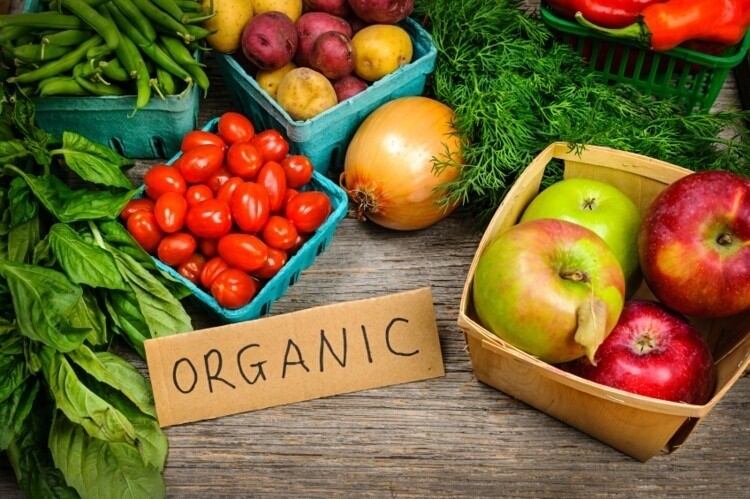Adapting to Nutri-Grade: Singapore beverage firm to launch new low-sugar products to avoid labelling repercussions
Singapore’s upcoming implementation of its sugar-sweetened beverage (SSB) labelling system Nutri-Grade is driving local beverage firms to reformulate and create low-sugar product options to avoid potential repercussions, including upcycled drinks firm Imperfect Drinks.
The Singapore government introduced the Nutri-Grade concept as far back as 2020, and after several pushbacks due to the COVID-19 pandemic, it is now slated for implementation in December 2022.
The Nutri-Grade scheme will involve nutrient labels with four different grades: ‘A’ (dark green), ‘B’ (light green), ‘C’ (yellow) and ‘D’ (red), going from lowest to highest sugar and saturated fat content. The use of this front-of-pack label (FoPL) will be mandatory for Grade C and Grade D beverages.
Many local beverage firms are producing drinks that fall in the Grade C and Grade D categories - One such firm is Imperfect Drinks, which specialises in making fruit juices from ‘ugly’ fruits and vegetables.
“Although all of the sugar in our fruit juices is only natural sugars (fructose) from the fruits, and not added or artificial, what happens is that when you have a C rating or D rating on the label of the product, what will happen is that a consumer will automatically have a shift in perception of it,” Imperfect Drinks Founder and CEO Andrew Lim told FoodNavigator-Asia.
Palm oil opportunities? Indonesia’s export ban could mean big winnings for Malaysia – but timing is crucial
Indonesia’s palm oil export ban announced earlier this month has left the door open for Malaysia to swoop in and expand its market share – but this will very much depend on contract timings and labour viability, say industry experts.
Indonesian President Joko Widodo surprised the palm oil sector – and indeed the entire F&B sector – earlier this month when he announced a total export ban on all palm oil, both crude and refined/processed, out of the country to tackle local price hikes.
“The Indonesian people’s need for affordable food takes precedence over revenue and economic concerns right now – once domestic needs have been met, I will of course lift the export ban,” Widodo said via a formal statement.
Thailand’s hi-tech food future: Government pledges to step up transformation of food and agri sector
The Thai government has pledged to pick up the pace of its nationwide digital transformation plans for the local food and agriculture industry this year, with a major focus on big data, smart agriculture, e-commerce and agribusiness improvement.
Thailand has placed increased focus on the digitalisation of its food and agriculture supply chain over the past several years, particularly since the introduction of the national Thailand 4.0 and 20-year National Strategy frameworks.
Fast forward to 2022, things have progressed and four major subcommittees have now been formed within the Ministry of Agriculture and Cooperatives (MOAC) as part of this transformation, which individually focus on Big Data and Gov Tech, Smart Agriculture, E-Commerce and Agribusiness – all four focus on improving the agrifood sector with the use of technology, innovation and marketing.
“MOAC is collaborating with Agritech and Innovation Centres (AICs) in 77 provinces across Thailand to transfer over 700 technological innovations to over 8,500 producers in these regions, as well as linking up our database with the National Farmers’ Council to provide better information and services,” MAOC Advisor to the Minister as Chairman of the Agricultural Technology 4.0 Policy Driving Committee Alongkorn Phonbutr said in a March 2022 committee briefing.
Indonesia alternative protein start-up Green Rebel targets Singapore retail shelves in Q3 2022
Green Rebel, an alternative protein start-up from Indonesia offering whole-cut plant-based meat for the Asian taste bud, aims to be on major Singapore supermarket shelves by Q3.
It is also developing a B2C e-commerce platform and plans to enter existing popular e-commerce sites to boost retail sales as part of its expansion plans.
However, founder Helga Angelina Tjahjadi declined to reveal the major supermarket chains at this stage. The launch of the brand in Singapore and its partnerships with local restaurants was announced on 30 March.
Singapore is also the first country Green Rebel is expanding to outside Indonesia. Its partners include modern Chinese restaurant Empress, casual all-day café Privé, Love Handle at Ann Siang, speakeasy eatery Dragon Chamber and modern steamboat restaurant Queen of Wok.
Bouncing back: Meiji re-enters Thailand’s infant formula market after 17 years with powder cubes
Meiji is re-entering Thailand’s infant formula market with a powder cube product, 17 years after it wound up its business in the country due to an international currency crisis.
Known as Meiji GU Formula Gold EZcube, the product for toddlers age one to three is sold in Thailand mainly via ecommerce. However, there are plans to introduce it to the hypermarkets, supermarkets, convenience stores, and baby care stores, the company told us.
Each powder cube weighs 5.6g and are packed in a sachet, with each sachet containing five cubes.
Consumers are able to buy the product in a box of two sachets or 16 sachets, retailed at THB55 (US$1.64) and THB338 (US$10) respectively.



